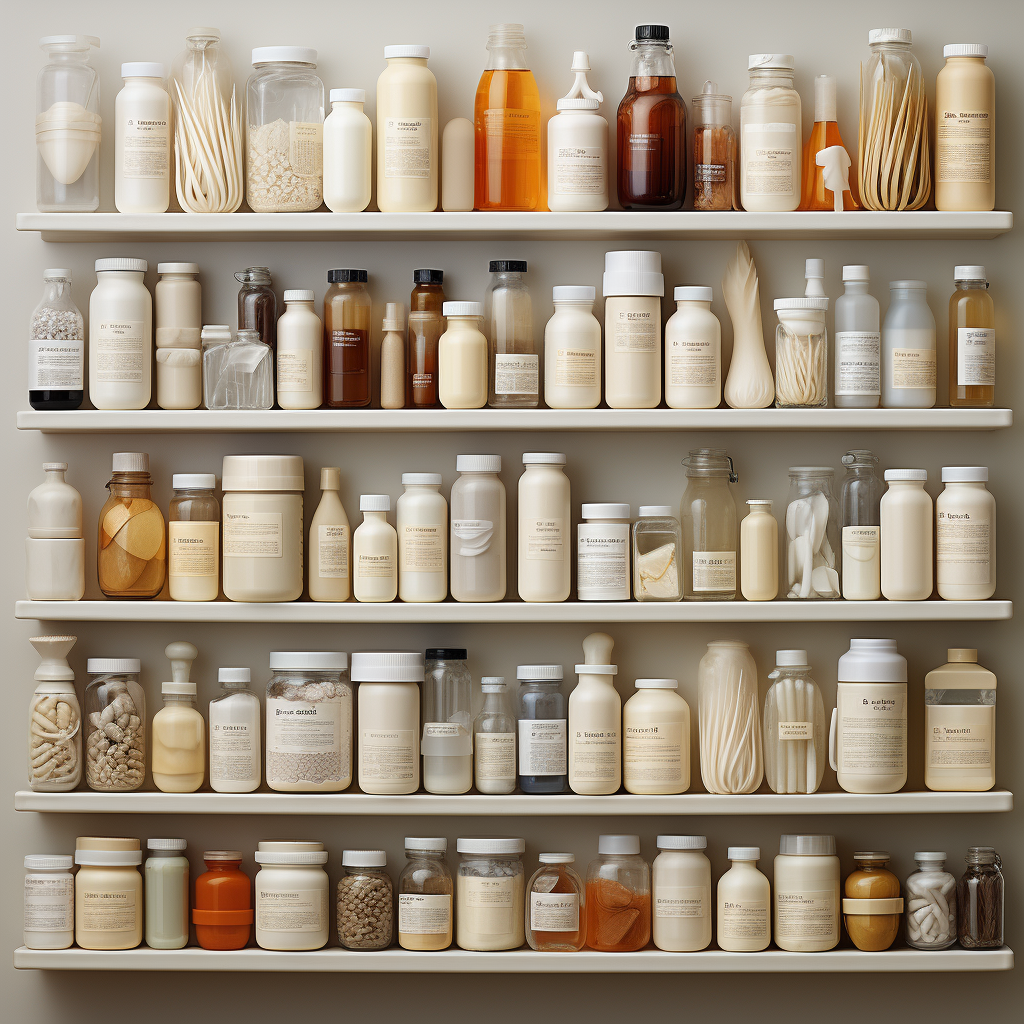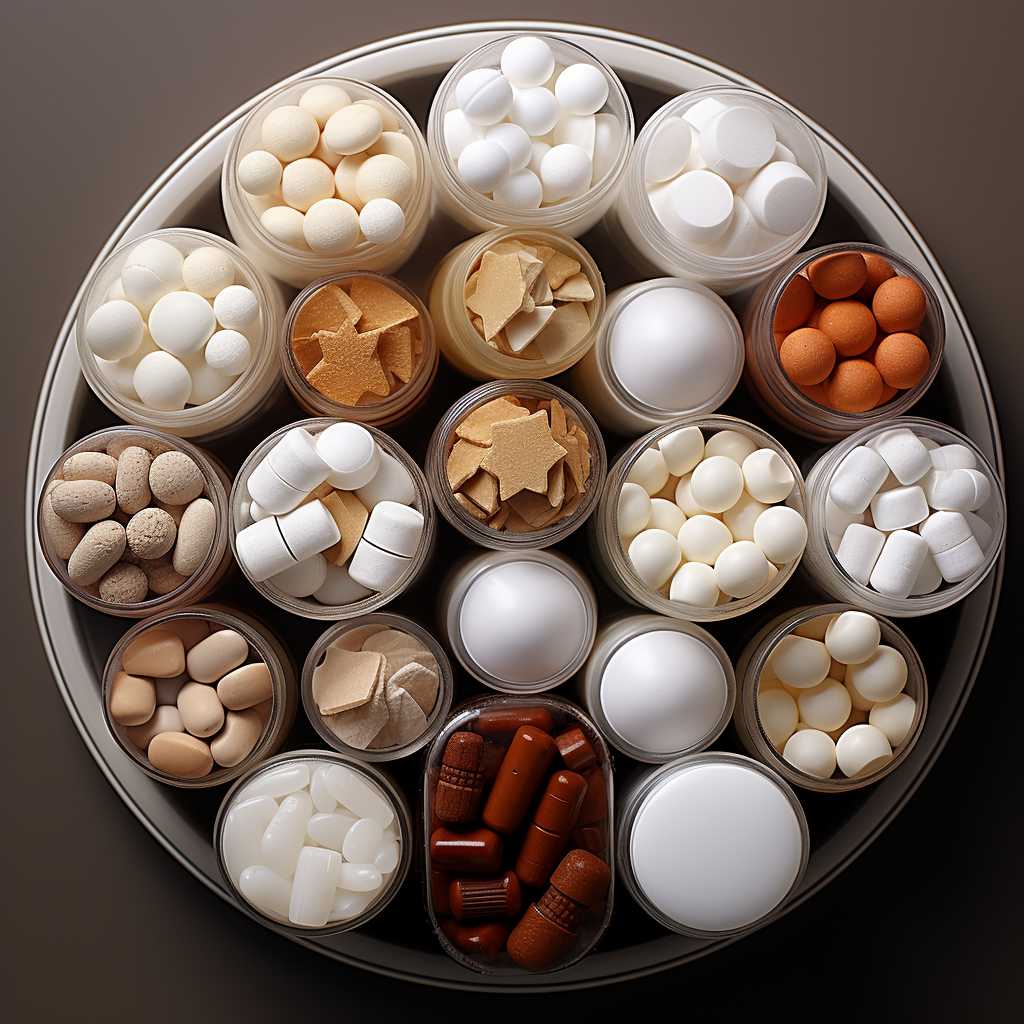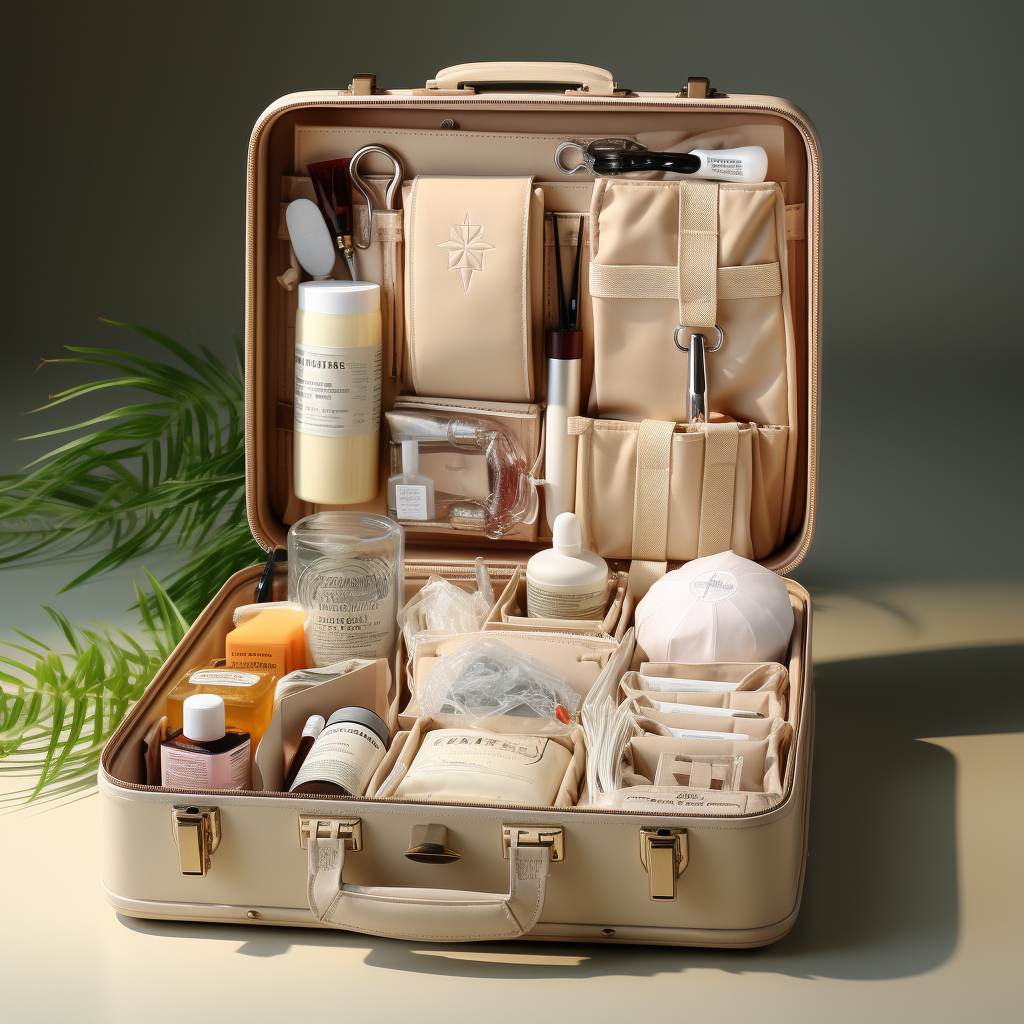

Medications
"The best doctor gives the least medicines." - Benjamin Franklin
Developing a new drug or therapy is a complex process that involves numerous stages, from initial research to clinical trials. It is a journey where scientists start with thousands of possibilities and narrow them down to one safe and effective medication.
When a doctor prescribes this medication, they specify a certain dose and regimen. This isn’t arbitrary - it’s based on extensive research and testing. Following the prescription accurately is crucial for the drug to work effectively. Similarly, not adhering to your prescription can lead to the medication not working as intended, or even cause harmful side effects. So, it’s important to trust the process and follow your doctor’s instructions to ensure your health and well-being.
Maintaining a well-stocked and updated home medicine cabinet is crucial for handling illnesses effectively. It's recommended to regularly review and replace any expired medications, as their efficacy can diminish over time or they may become unsafe. The medicine cabinet, whether a box or an actual cabinet, should be kept out of children's reach.
Items in the cabinet can be added to the shopping list for convenience, as many stores sell both medications and groceries.
The NHS provides a list of recommended medications to keep on hand.

Analgesics
Analgesics, commonly known as painkillers, are effective in alleviating minor aches like headaches or abdominal cramps, and can be beneficial in reducing discomfort and fever associated with minor illnesses such as the common cold. They can also help in decreasing inflammation.
Examples include:
- acetaminophen = Panadol, Paracetamol or Tylenol
- ibuprofen = Brufen, Nurofen or Midol
- acetylsalicylic acid = Aspirin

Antihistamines
Antihistamines are effective in managing allergies, insect bites, and fever. Available as topical creams for skin application and oral tablets, they alleviate symptoms like rashes, itching, and allergic reactions, and are useful in preventing motion sickness.
Examples include:
- chlorpheniramine = Chlor-Trimeton or Piriton
- hydroxyzine = Atarax or Vistaril
- promethazine = Phenergan
- cetirizine = Zyrtec or Incidal
- cinnarizine = Stugeron, Stunarone or Cinarin
- diphenhydramine = Benadryl, Unisom or Nytol
- fexofenadine = Allegra
- loratadine = Claritin or Tavist

Oral Rehydration Salts
Oral Rehydration Salts (ORTs) are a practical solution for replenishing the body's fluids and minerals, particularly useful during and after illnesses. They are crucial in situations of high fever, diarrhea, or vomiting, which can lead to significant water and mineral loss, and are key in preventing dehydration.

Anti-Diarrhea Remedies
Diarrhea is a common condition that can cause dehydration, loss of electrolytes, and discomfort. There are many possible causes of diarrhea, such as infections, food allergies, medications, or medical conditions.
Some examples of effective anti-diarrhea remedies include:

Antacids
Antacids are effective for stomach-related issues like indigestion, heartburn, acid reflux, stomach ulcers, and gastritis. They work by neutralizing stomach acid, alleviating heartburn, indigestion, and stomach upset. Some formulas include simethicone to help relieve gas, and they may contain ingredients like magnesium or aluminum, which can affect bowel movements.
Common antacids include aluminum hydroxide, calcium carbonate, and magnesium hydroxide.

First-Aid Kit
A first-aid kit is a vital component of any medicine cabinet. It typically contains essential items such as bandages, antiseptic wipes, tweezers, medical tape, and a digital thermometer. These items can help you respond effectively to common injuries and health issues, such as cuts, burns, sprains, or fevers.
Having a first-aid kit is important because it allows you to provide immediate care in case of an accident or sudden illness. It can help prevent infections, alleviate pain, and even save lives in serious situations. Moreover, it promotes a sense of preparedness and confidence in handling health emergencies.
Lifeflows for Medicines
-
1. INVENTORY
Regularly review your medicine cabinet to track what's available and what's nearing expiration
-
2. RESTOCKING
Replace expired or nearly finished medications promptly. When shopping, add necessary medications to your list
-
3. PRESCRIPTION
Always adhere to prescribed dosages and instructions of all medications. If in doubt, consult your healthcare provider for clarification.
-
4. STORAGE
Store medicines safely out of reach of children and in a cool, dry place to preserve their efficacy
-
5. DISPOSAL
Dispose of expired medications safely, following local guidelines to prevent misuse and environmental harm
Resources
-
Medications Inventory Tracker
Regular price $0.00 USDRegular priceUnit price / per -
Google Calendar for Medications
Regular price $0.00 USDRegular priceUnit price / per
Pick another health area to focus on
-
NUTRITION
Embrace a balanced diet to nurture optimal physical and mental health
-
WATER INTAKE
Emphasize the importance of adequate hydration, offering guidance on optimal water consumption to maintain bodily functions and overall well-being
-
PHYSICAL ACTIVITY
Integrate tailored exercise routines into daily life to enhance overall health, fitness, and well-being
-
MENTAL ACTIVITY
Enhance cognitive functions and emotional well-being through engaging activities, mindfulness practices, and brain exercises
-
SLEEP
Cultivate healthy sleep habits and routines to ensure restful, rejuvenating nights that contribute significantly to overall health and daily energy levels
-
HEALTH CHECKUPS
Prioritize regular health assessments and screenings to detect potential health issues early and maintain a proactive approach to personal health care

